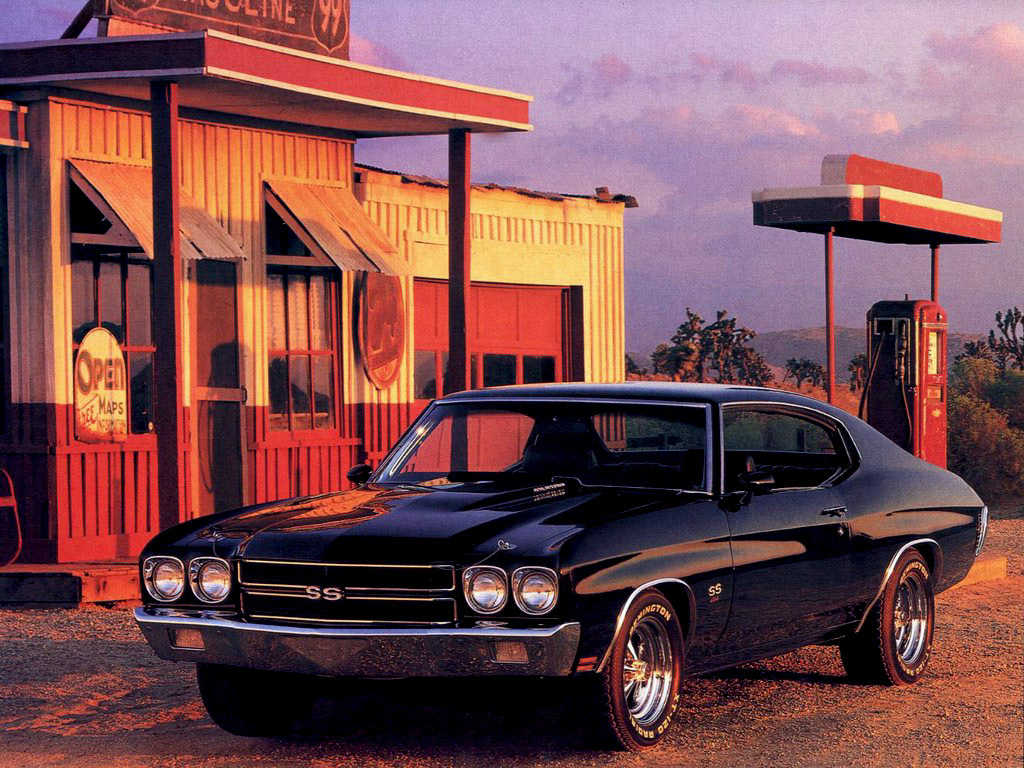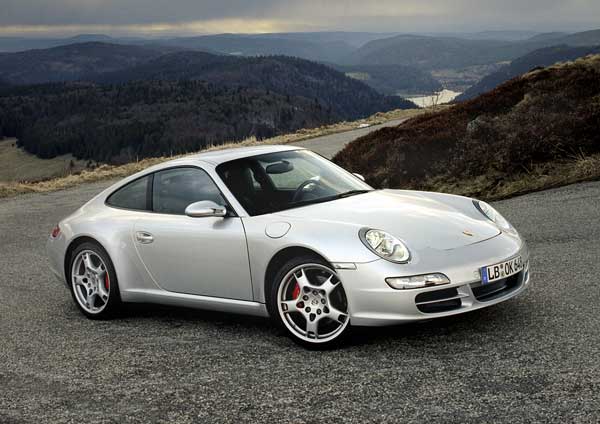Corporations being what they are, tools for making money, the rules are sometimes disregarded. It was difficult to thwart the regulations when cars like the Chevelle had mechanical fueling and spark control. That is why basically any car from about 1973 to 1985 sucked. Computer technology was not up to the task of running an engine, so the regulations in place restricted performance. As computers improved, performance returned with fuel injection and electronic ignition. It was possible to make even more power than before, with less pollution and greater economy. Things have progressed to the point that the latest four banger from Mercedes makes in excess of 355 horsepower, exactly as much as the Chevelle I mentioned above, while making very little pollution and achieving 31 MPG.
Regulations drive automakers to improve cars, but sometimes it is easier to just lie. Back in the 1990’s Cadillac got into trouble for running two engine control programs in its Northstar V8, one that made much more power, and one that passed emissions. The EPA, in an effort to make all things equal, does not run the air conditioner during random emission testing. As soon as the EPA technician turned off the climate control, the car switched to the engine management program that met regulations. Eventually GM was found out and paid a fine, not the first EPA fine levied against the auto giant.
Way back then, in the early days of Yahoo and AOL, automotive computers were considerably more simple. GPS, stability control, variable valve timing, direct injection, and drive by wire did not exist. Using something like the air conditioner to change engine programs was effective and simple to implement. In the modern computerized world, something so simple would be discovered. As a result, if an automaker feels the need to cheat, they must be more cunning.
The scandal part is easy to understand with this background. Computers control cars, making them efficient, powerful, reliable, and extremely complex. The EPA uses computers to test cars, ensuring uniform data. So, if one computer is testing another computer, how hard would it be to have the computer being tested recalibrate the engine to pass? Evidently not hard at all. So far, VW and BMW have been found to use sophisticated programs to alter engine control when a vehicle is being tested, but when the same vehicle is driven by a human, the engine produces too much NOx.
The problem is limited to diesel cars, which are closely regulated. VW sold about half a million cheater cars over four years. There is no word yet on how the non-polluting calibration will affect the car, but there will be a negative effect, or the cars would have been made correctly in the first place. BMW is in the same situation with its diesels, and I am sure we will find Mercedes, Porsche (how weird is it that there is a diesel Porsche?) Chevrolet, Jeep, and Audi all have problems meeting regulations once they have all been tested.
It is a real shame, because Diesel cars represent true economy and ecological responsibility. They can achieve the EPA rated fuel mileage (unlike a hybrid that works in the lab but not on the road,) are better to drive, less expensive to buy and own, and have more power than any hybrid. They are even more ecologically sound considering how damaging battery production is to the environment.
Besides, diesel cars are not going to poison your town. There are not that many offending cars out there, all things considered. I am in no way defending VW, they knew the rules and used cunning to circumvent them. But the sky is not falling because your neighbor has a VW that rattles and puffs a little black cloud when he leaves the driveway. All new cars have very low emissions, even the offending diesels. I support regulations that ensure our environment is protected because without them car companies would never regulate themselves, and consumers would not pay thousands of dollars for emissions equipment.
Automakers will fix this problem and continue to do everything they can to sell cars, including cheat on regulations when they can get away with it. Eventually we will have autonomous pods that run on fuel cells with hydrogen derived from solar energy. Until then we have to do the best we can, using resources responsibly and regulating industry to protect our environment. But freaking out about diesel cars is not the best way forward.














